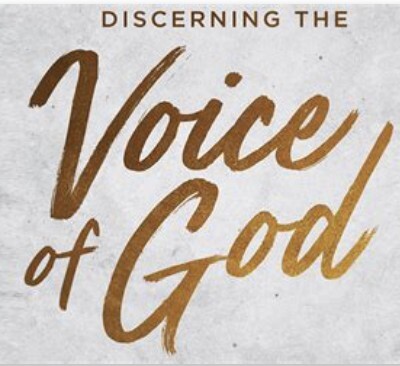By Nnaoke Ufere, PhD
In a recent incident, a close friend found herself in a harrowing car accident shortly after attending a mutual friend’s retirement celebration. Astonishingly, she emerged from the wreckage unscathed, leading her to declare that she had won life’s lottery. Friends and family organized a heartfelt thanksgiving and praise service to express their gratitude.
On social media, countless Nigerians joined in thanking and extolling God for sparing her life. Some offered intercessory prayers, seeking protection against accidents and praising God’s boundless greatness and mercy.
As spiritually attuned individuals, we discern the hand of God in these moments of providence, which inspire an outpouring of gratitude and prayers from loved ones. However, could there be a divine message not only for those involved in such accidents but for all of us?
Indeed, whenever life-altering events like accidents occur, God invites us not only to offer praise and adoration but also to engage in introspection, reflection, and personal growth to align with His purpose.
God calls upon us to take responsibility and act in ways that align with His intentions for our lives. Therefore, our belief in divine intervention during accidents should be accompanied by introspection and inquiry, not to assign blame but to gain knowledge and evolve in our preventive efforts.
A significant number of accidents stem from unsafe behaviors or conditions. To prevent such incidents, God encourages us to identify the common actions and situations that may precede accidents and learn to mitigate them.
This is essential for us to fully comprehend God’s message and guidance. He desires that we walk (or drive) not merely by faith and prayers but through proactive measures to learn and enhance ourselves.
Accidents can serve as potent teaching moments for us all. They do not happen by chance; they are caused. God is not the author of accidents but rather the rescuer, as in my friend’s case.
Therefore, in the aftermath of all accidents, personal reflection and learning should commence with crucial questions that only we, as human beings, can answer, questions that God is aware of as well.
For example:
- Could God be advising against driving while fatigued, drowsy, or under the influence of certain medications?
- Might God be cautioning us against taking the wheel after heated arguments or moments of anger and distress?
- Is God signaling us not to mix alcohol consumption with driving?
- Could God be urging us to exercise heightened vigilance on the road and show consideration for other drivers?
- Is God warning us against driving at excessive speeds, even when the road appears clear?
- Is God prompting us to pay more attention to the maintenance and condition of our vehicles before embarking on road trips?
I am confident that additional introspective questions will emerge as well.
Apart from our prayers and petitions to God, it is incumbent upon us to act, using our human agency to glean wisdom from these sobering encounters and, in the process, avert potential future perils.
This lesson holds broader relevance in various aspects of our lives. For example, we may fervently pray and beseech God for our chosen political candidate to emerge victorious. However, in addition to our petitions and intercessions, God desires us to take the proactive step of casting our votes on election day. God does not directly exercise our voting rights on our behalf.
In the recent presidential election, it was disheartening to discover that numerous individuals who participated in prayer vigils and worship sessions, earnestly seeking divine favor for a specific candidate, failed to actually go to the polls and cast their votes. They did not uphold their part of the covenant with God. This constitutes disobedience to God’s will. Prayer devoid of accompanying action amounts to hypocrisy and lacks true significance.





